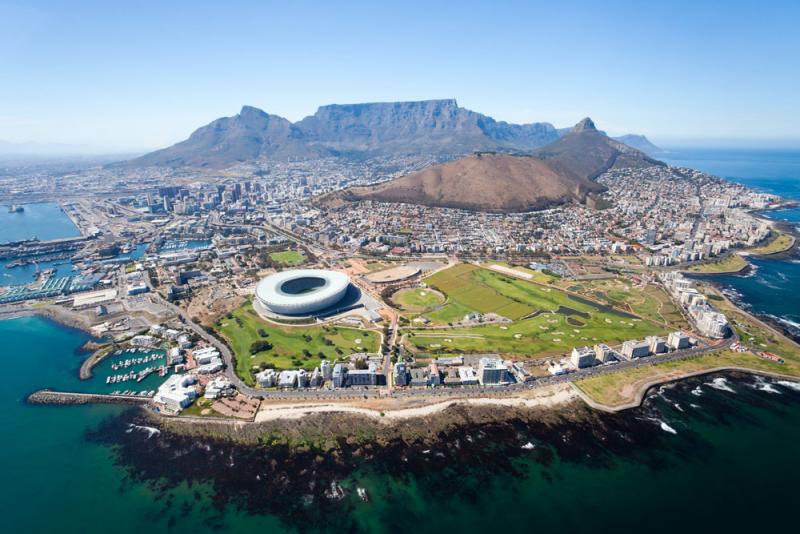IMPORTANT POLICIES FOR TRAVELLERS TO AFRICA
E-Visa Service to East Africa

Visa for Tanzania required: http://eservices.immigration.go.tz
Visa for Kenya required: http://www.etakenya.go.ke
Ban on Plastic Bags for Africa
Kenya and Tanzania join over 40 countries that have made plastic bags illegal,in a positive effort to reduce the impact on our environment. However, there may be implications for our guests travelling to this region, as the use, manufacture and importation of all plastic bags is now illegal in East Africa
Plastic bags are everywhere these days, and while they may seem like a cheap, easy way to carry our goods, they are wreaking havoc on the planet in a number of ways.
Please think carefully when packing when visiting the following countries: Kenya, Tanzania, South Africa, Botswana, Rwanda
What does this mean for those travelling to our beautiful country? Possibly not too much depending on how you pack. The fines and jail time set out as punishment for violations are targeting manufacturers and importers of plastic bags, not your average tourist travelling with their personal belongings in a Ziploc bag. Luggage may be searched on entry and any kind of shopping bag (like your local grocery store type bags) will be taken away, so best not to put your shoes in one of these bags.
Please note that effective 1st June, 2019 Tanzania will enforce a total ban on single-use plastic bags. The manufacture, use or importation of plastic bags, including garbage bags, carrier bags and shopping bags, will become illegal and offenders may face heavy fines. Passengers and visitors intending to arrive at any Tanzania airport and border point, including Zanzibar, are advised to avoid packing any plastic bags in their in-hand luggage or checked baggage as they could face penalties on arrival. Items purchased at an airport before boarding the aircraft should also be removed from plastic bags.
Similarly, transparent “zip-lock” plastic bags that some airlines require passengers to use for keeping liquids, cosmetics, toiletries etc. are also not permitted and should be removed before disembarking.
INTERNATIONAL BORDER REQUIRMENTS
The Australian Government does not currently have any COVID-19 requirements in place for travellers entering and departing Australia. COVID-19 however continues to pose a health risk in Australia and overseas. We strongly encourage wearing masks and being vaccinated while travelling internationally.
Refer to https://www.smartraveller.gov.au/ for any travel updates and health requirements, contact your health provider or travel doctor before departure.

TRAVELLING WITH CHILDREN
SOUTH AFRICA, NAMIBIA & BOTSWANA REGULATIONS FOR FAMILIES TRAVELLING WITH CHILDREN:
Travellers will be asked to produce the required documentation at check-in for each flight.
Travelling with Children to Africa: Documents required for travelling through a port of entry of the republic of South Africa
Foreign visa exempt child accompanied by both parents
- valid passport
The following may be required when travelling with one parent:
- valid passport
- Reason for the absence of the other parent
- copy of a birth certificate/equivalent document
- parental consent letter
- copy of the passport / identity document of the absent parent
- contact details of the absent parent
where applicable –
- copy of a court order granting full parental responsibilities and rights or legal guardianship in respect of the child.
- copy of a death certificate of the deceased parent
Further documentation may be required. For full details please visit the Department of Home Affairs website.
Documents required for travelling through a port of entry of the Republic of Namibia
Minors younger than 18 years travelling to Namibia must have an unabridged birth certificate. In addition, when travelling:
a) with an adult who is not their biological parent: an affidavit from their parents giving consent for the minor to travel with the adult is required.
b) with an adult other than a parent/legal guardian: copies of their legal guardians’/parents’ passports or documents of identity are required. Contact details of the parents/legal guardians should also be provided.
c) with a parent: an affidavit from the other parent giving consent for the minor to travel is required. A death certificate should be provided if one parent is deceased.
d) unaccompanied: an affidavit from their parents/legal guardians consenting their travel, a letter containing the contact details and residential information of the person who will receive the minor passenger, a copy of the identity document, valid passport or permanent residence permit of the person who will receive the minor passenger, and the contact details of the minor’s parents/legal guardians are required.
